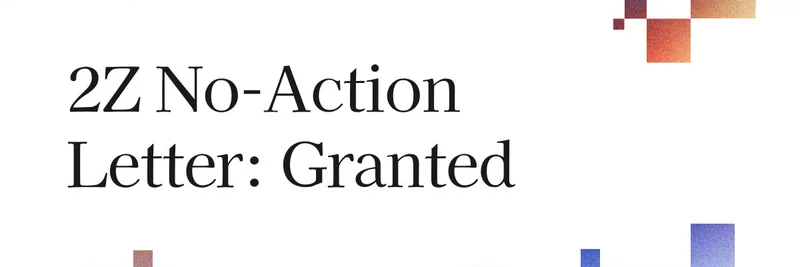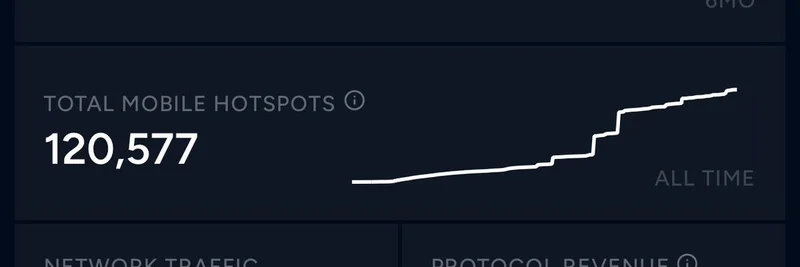In a move that's got the crypto world buzzing, the U.S. Securities and Exchange Commission (SEC) has issued its first-ever No-Action Letter to DoubleZero, confirming that their 2Z token doesn't need to be registered as an equity security. This development, announced on X (formerly Twitter), marks a significant shift in how regulators are approaching digital assets, especially in the realm of decentralized protocols.
For those new to the term, a No-Action Letter is essentially the SEC's way of saying, "We're not going to pursue enforcement action against you for this," based on the details provided. It's not a full approval, but it's a green light that gives projects like DoubleZero the confidence to operate without the constant fear of regulatory crackdowns. In this case, the letter assures that programmatic flows of 2Z on the DoubleZero network aren't considered securities transactions.
The announcement came from DoubleZero's official X account, highlighting four months of back-and-forth with the SEC to create a framework for compliant token launches in the U.S. They called it a "landmark moment for the crypto industry," and they're not exaggerating. DoubleZero is building a decentralized physical infrastructure network (DePIN) focused on high-performance distributed systems, aiming to boost bandwidth and cut latency using underutilized fiber links. The 2Z token, built on Solana as an SPL token with a total supply of 10 billion, serves as the utility powerhouse—handling payments for bandwidth, incentivizing network contributors, and securing the ecosystem.
Tom Warner, a business developer at DoubleZero and former Coinbase staking team member, chimed in on the thread with some personal reflection. Having been at the heart of previous SEC enforcement actions against staking, he expressed amazement at the progress: "No-Action speaks louder than words... America is the Crypto capital of the world." He even tagged Paul Grewal, Coinbase's Chief Legal Officer, asking if this seemed possible just two years ago. It's a nod to how far U.S. crypto regulation has come, moving from "regulation by enforcement" to more constructive dialogues.
Why This Matters for Meme Tokens
At Meme Insider, we're all about meme tokens—the fun, community-driven assets that often start as jokes but can evolve into serious projects. While 2Z itself is more of a utility token in the DePIN space, this SEC decision sets a precedent that could ripple into the meme token world. Many meme tokens struggle with regulatory uncertainty: Are they securities? Do they need to register? This No-Action Letter shows that if a token is truly functional—tied to real utility like network participation rather than just investment promises—it might avoid the securities label.
Imagine meme token projects incorporating genuine utilities, like rewarding community engagement or powering decentralized apps. This could encourage more U.S.-based launches, reducing the need to go offshore and fostering innovation right here at home. It's a step toward clearer rules, which benefits everyone from degens to developers.
The Bigger Picture in Crypto Regulation
This isn't just about one token; it's a signal that the SEC is open to engaging with the industry. DoubleZero's approach—submitting detailed explanations that 2Z isn't an investment vehicle but a reward for services—could become a blueprint for others. As crypto continues to intersect with real-world infrastructure, like DoubleZero's fiber network, we'll likely see more such clarifications.
If you're diving into blockchain or eyeing meme token opportunities, keeping tabs on regulatory wins like this is key. It reduces risks and opens doors for growth. Check out the full thread on X for more insights, and stay tuned to Meme Insider for updates on how this evolves in the meme space.
For more on DoubleZero and 2Z, head over to their official site or explore resources like CoinList's deep dive. As always, DYOR (do your own research) before jumping in!



